Keywords: Anthony Albanese
-
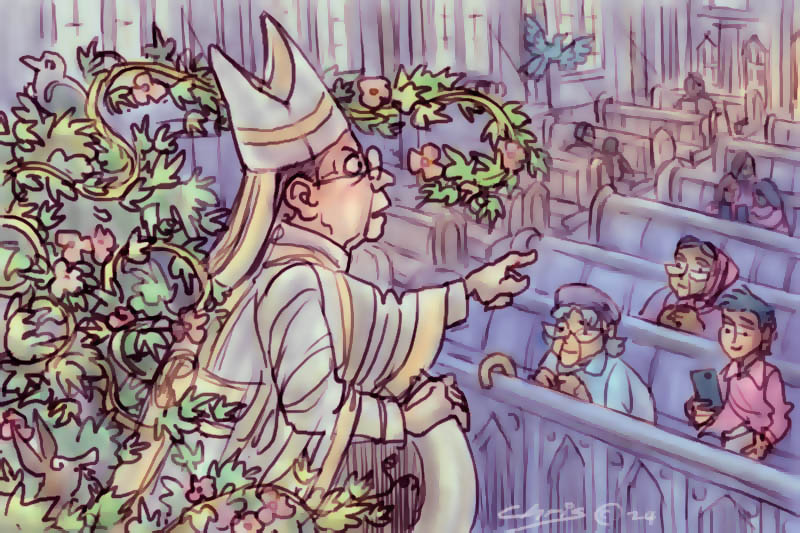
RELIGION
- John Warhurst
- 01 May 2024
The relationship between the Catholic church and the Greens has been one marked by near constant antagonism. Are there any consequences from this for either the church or the party?
READ MORE
-
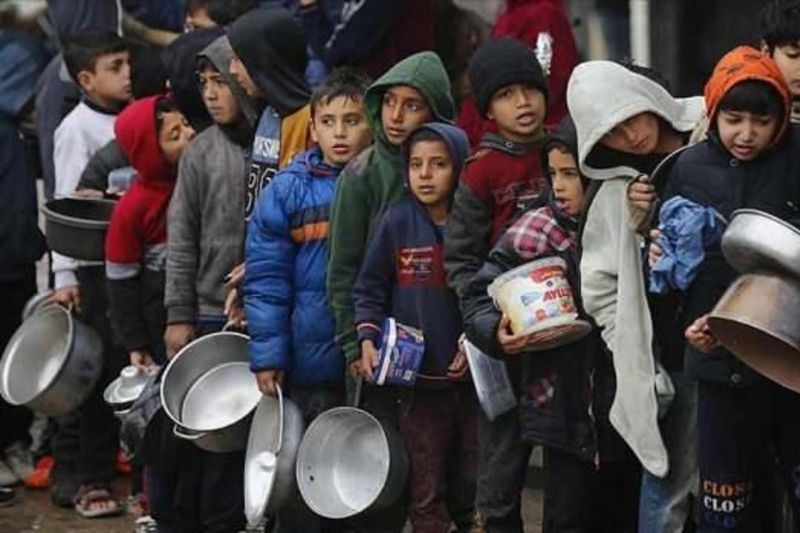
INTERNATIONAL
When a missile strike in Gaza killed seven aid workers, it sparked global outrage and demands for accountability and raised questions around the protection of those who risk everything to provide aid in zones of conflict.
READ MORE
-
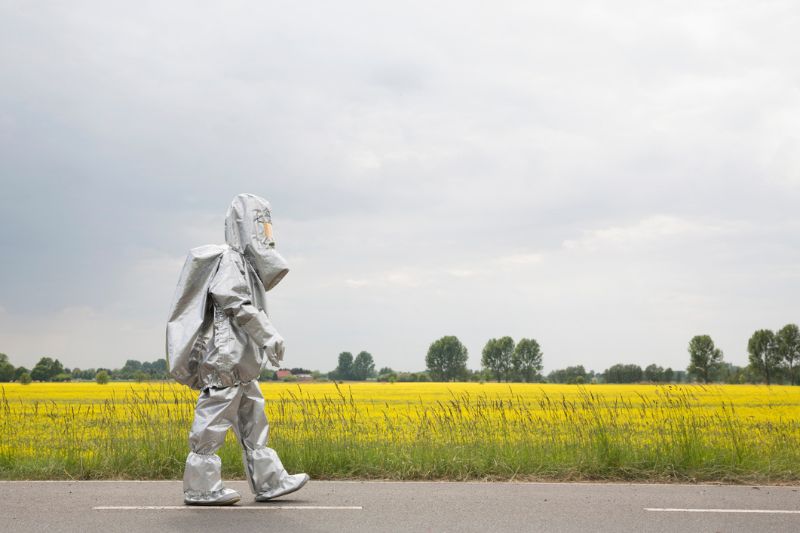
AUSTRALIA
- Binoy Kampmark
- 04 April 2024
3 Comments
Nuclear energy has snuck its way onto the table of Australian public policy. Given that Australia is a country that hosts military nuclear platforms, the impetus to translate it into a civilian context is proving powerful.
READ MORE
-
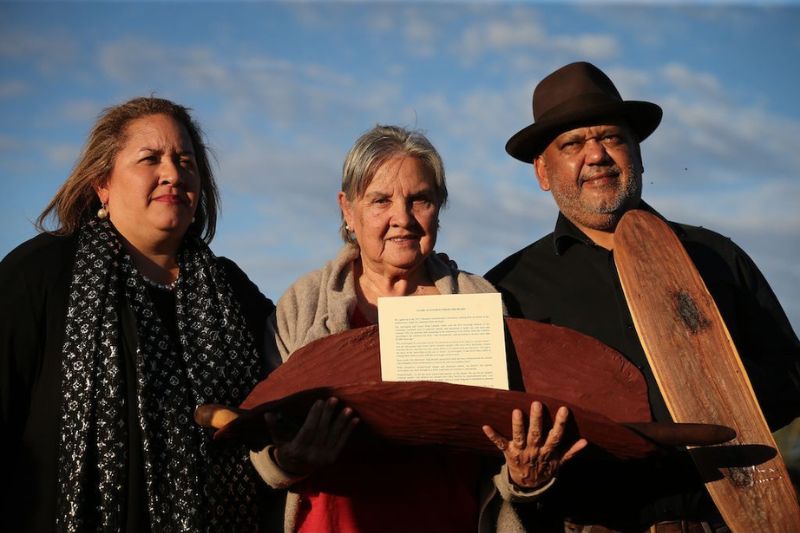
AUSTRALIA
- Frank Brennan
- 07 February 2024
12 Comments
The referendum result was a disaster for the country and a tragedy for First Australians and there has been little appetite for public discussion about lessons to be learnt from this abject failure. If we are to move forward, it’s time to begin the conversation about past mistakes.
READ MORE
-
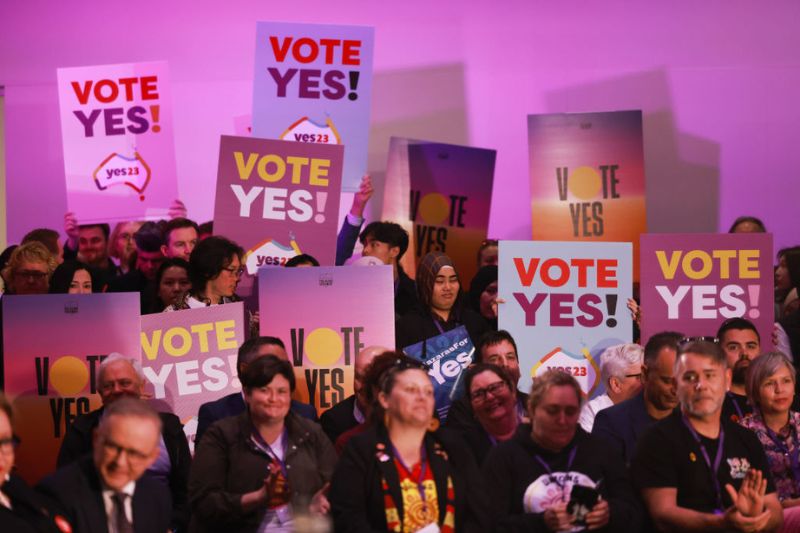
AUSTRALIA
- Frank Brennan
- 04 January 2024
As Australia approaches a pivotal referendum, voters face a critical choice: endorse a new chapter in the Constitution providing a 'First Nations Voice' or leave it untouched. Whichever way the vote goes, we will be left with a Constitution not fit for purpose in the 21st century.
READ MORE
-
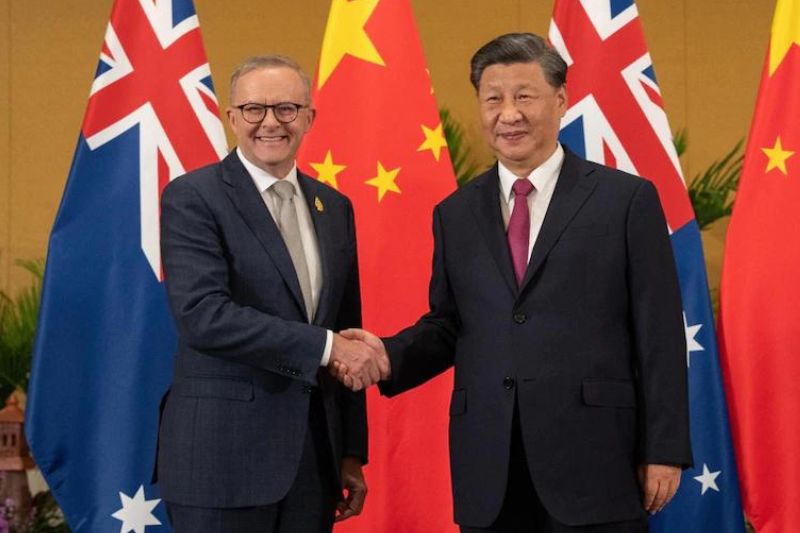
INTERNATIONAL
- Jeremy Clarke
- 13 November 2023
8 Comments
In a global landscape increasingly marked by fluid alliances, Prime Minister Albanese's diplomatic foray from Washington to Beijing had the dual aim of warming frosty relations with China and reinforcing the significance of foundational ties. This is not merely diplomatic choreography; it’s a story of Australia redefining its place in a complex global narrative.
READ MORE
-
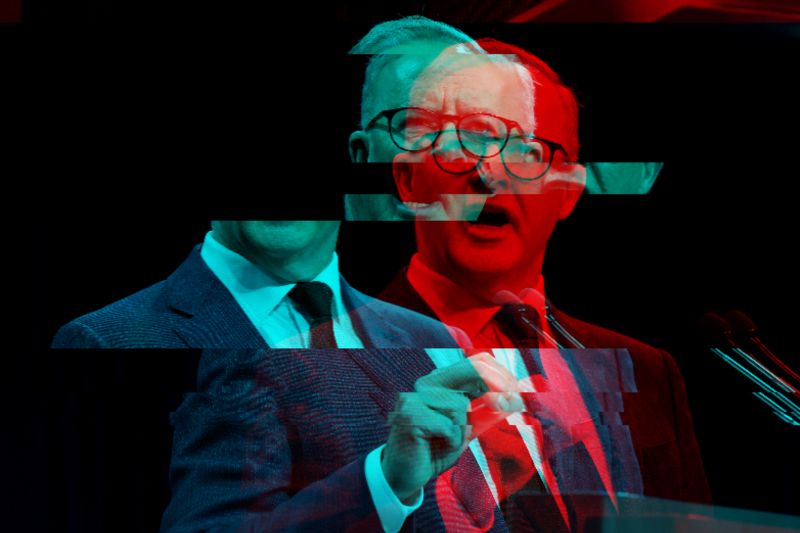
AUSTRALIA
- Julian Butler
- 02 November 2023
1 Comment
The proposed Misinformation Bill straddles the delicate balance between freedom of speech and the rising threat of misinformation, posing a challenge that could redefine the landscape of media and public conversation. The problem goes beyond discerning the truth, but determining how a democratic society identifies it amid a sea of conflicting voices.
READ MORE
-

AUSTRALIA
- David Halliday
- 26 September 2023
In the lead up to the Voice referendum, there's a subtle yet seismic undercurrent at play: How do we sustain a meaningful democratic conversation when the foundational truths seem so fragmented? Our ability to connect, converse, and find consensus could be the real referendum of our times.
READ MORE 
-

RELIGION
- John Warhurst
- 14 September 2023
46 Comments
As the Voice Referendum campaign intensifies, many Catholic groups rally behind the Voice. But Australia's church leaders remain above the fray, maintaining neutral positions. As the lines between faith, politics, and indigenous rights blur, should the bishops be more prescriptive on how to vote?
READ MORE
-

AUSTRALIA
- Frank Brennan
- 01 September 2023
14 Comments
As Australia approaches a pivotal referendum, voters face a critical choice: endorse a new chapter in the Constitution providing a 'First Nations Voice' or leave it untouched. Whichever way the vote goes, we will be left with a Constitution not fit for purpose in the 21st century.
READ MORE
-
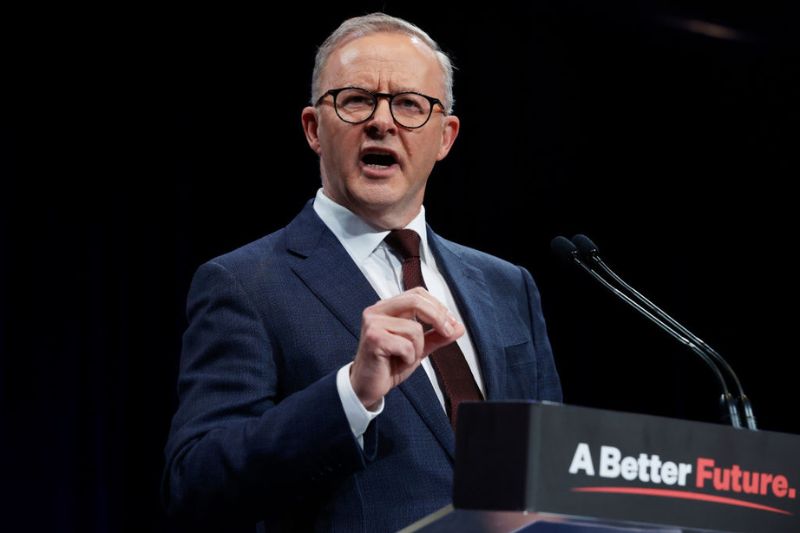
AUSTRALIA
- Anthony N Castle
- 02 August 2023
6 Comments
Despite a decisive electoral shift and promises to solve generational crises in housing, climate, and the cost-of-living, the change many longed for seems slow under Labor. What can be realistically expected from a government with a mandate for change, yet wrestling with complex problems that defy simple solutions?
READ MORE
-
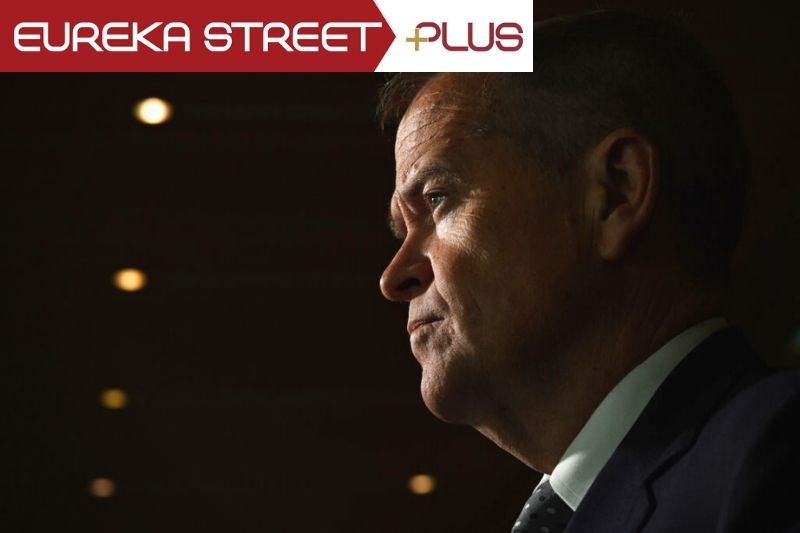
AUSTRALIA
- Julian Butler
- 24 July 2023
1 Comment
Navigating the political landscape where second chances are infrequent, Bill Shorten's comeback in Anthony Albanese's shadow cabinet echoes Billy Hughes' tenacious parliamentary presence. These instances raise the question: can an ousted leader carve out meaningful roles and contribute positively to a nation's public life?
READ MORE 